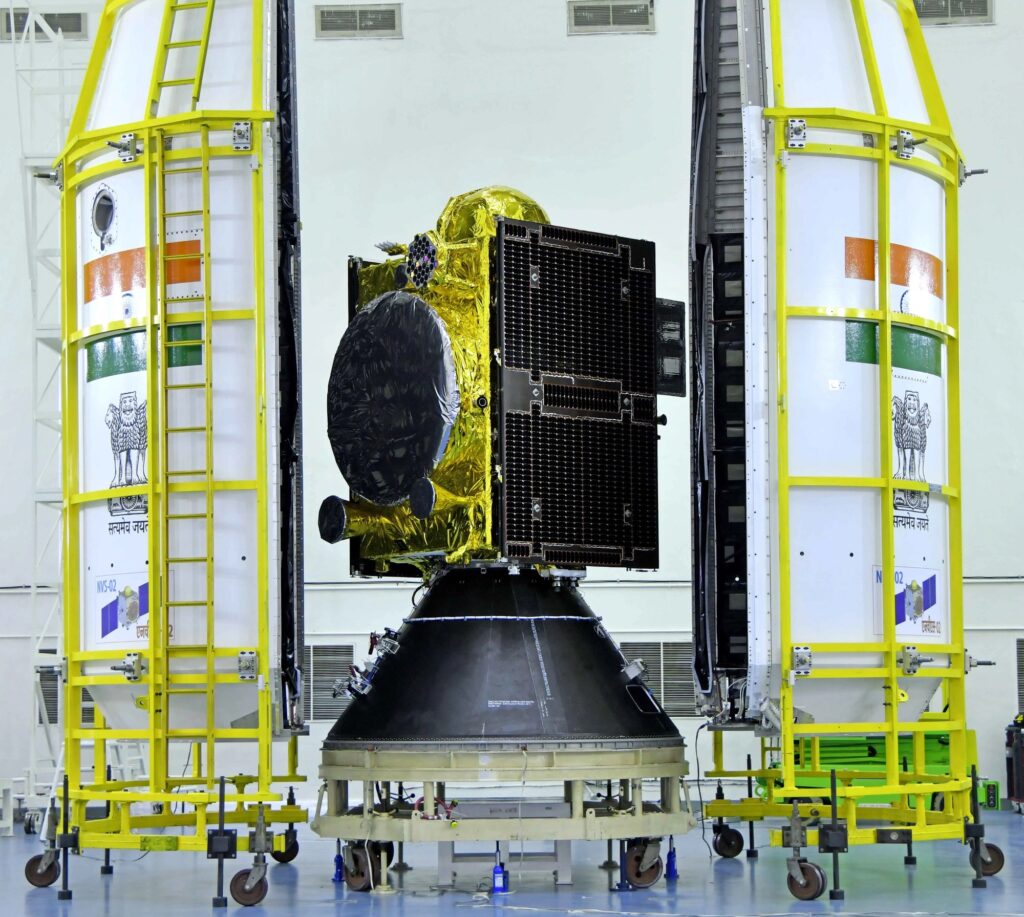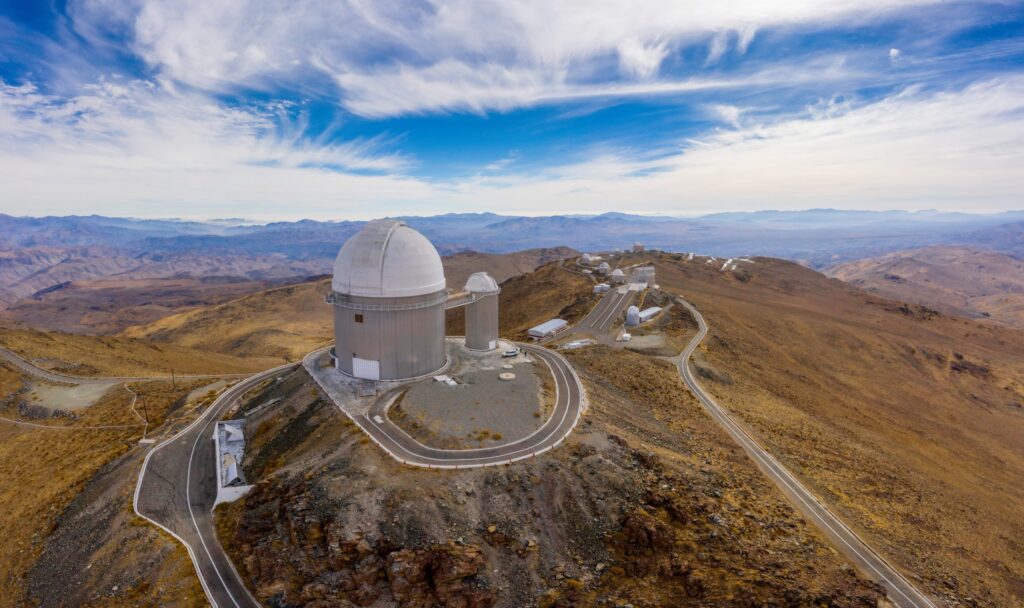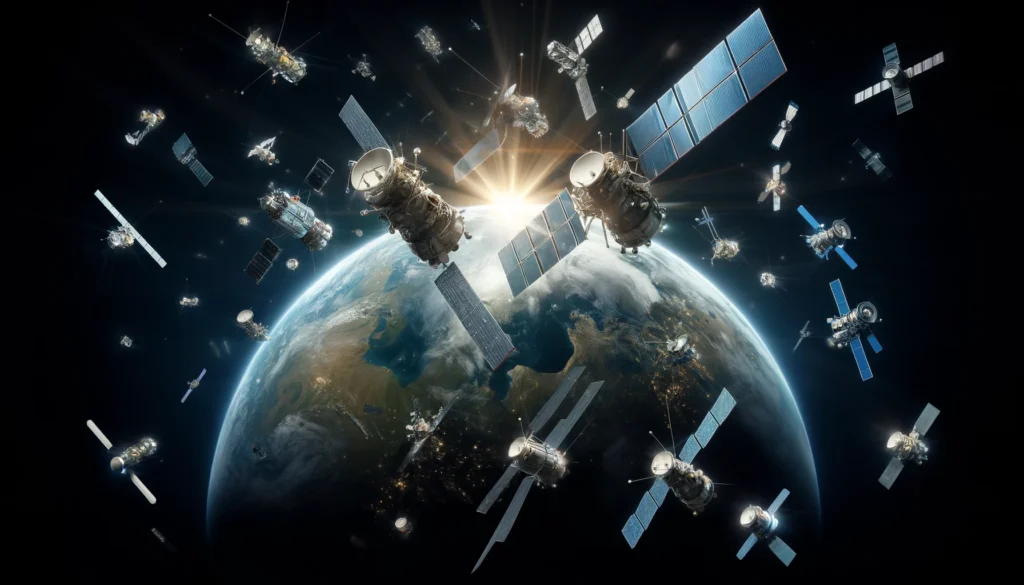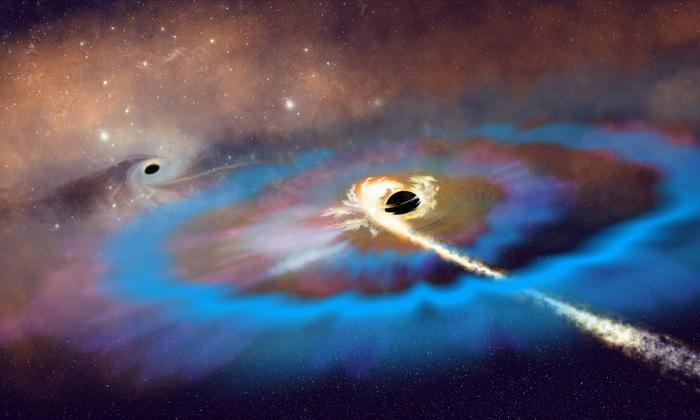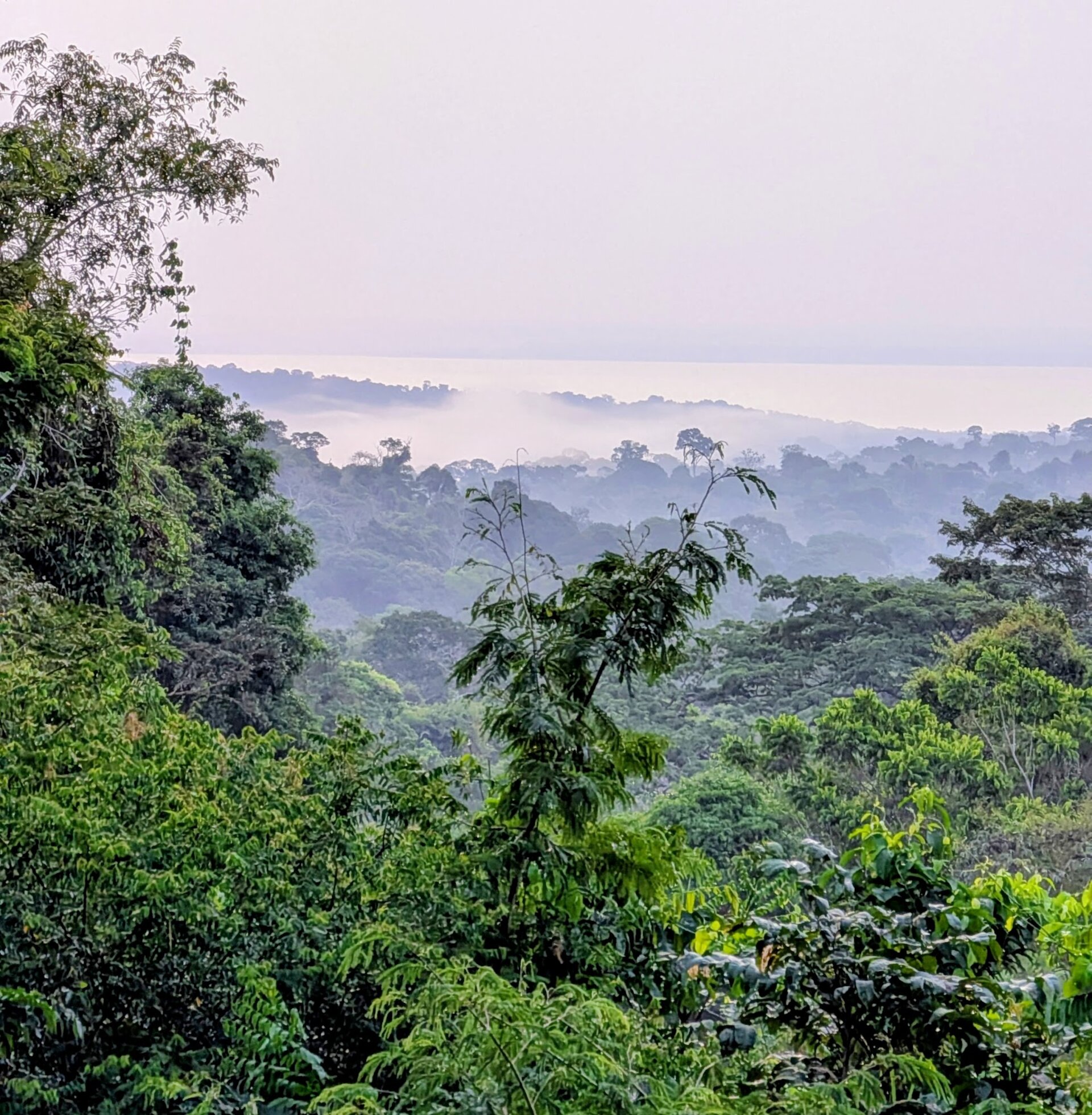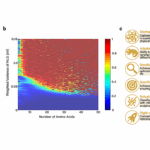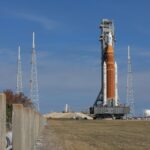Now Reading: In-Q-Tel invests in Vast
-
01
In-Q-Tel invests in Vast
In-Q-Tel invests in Vast
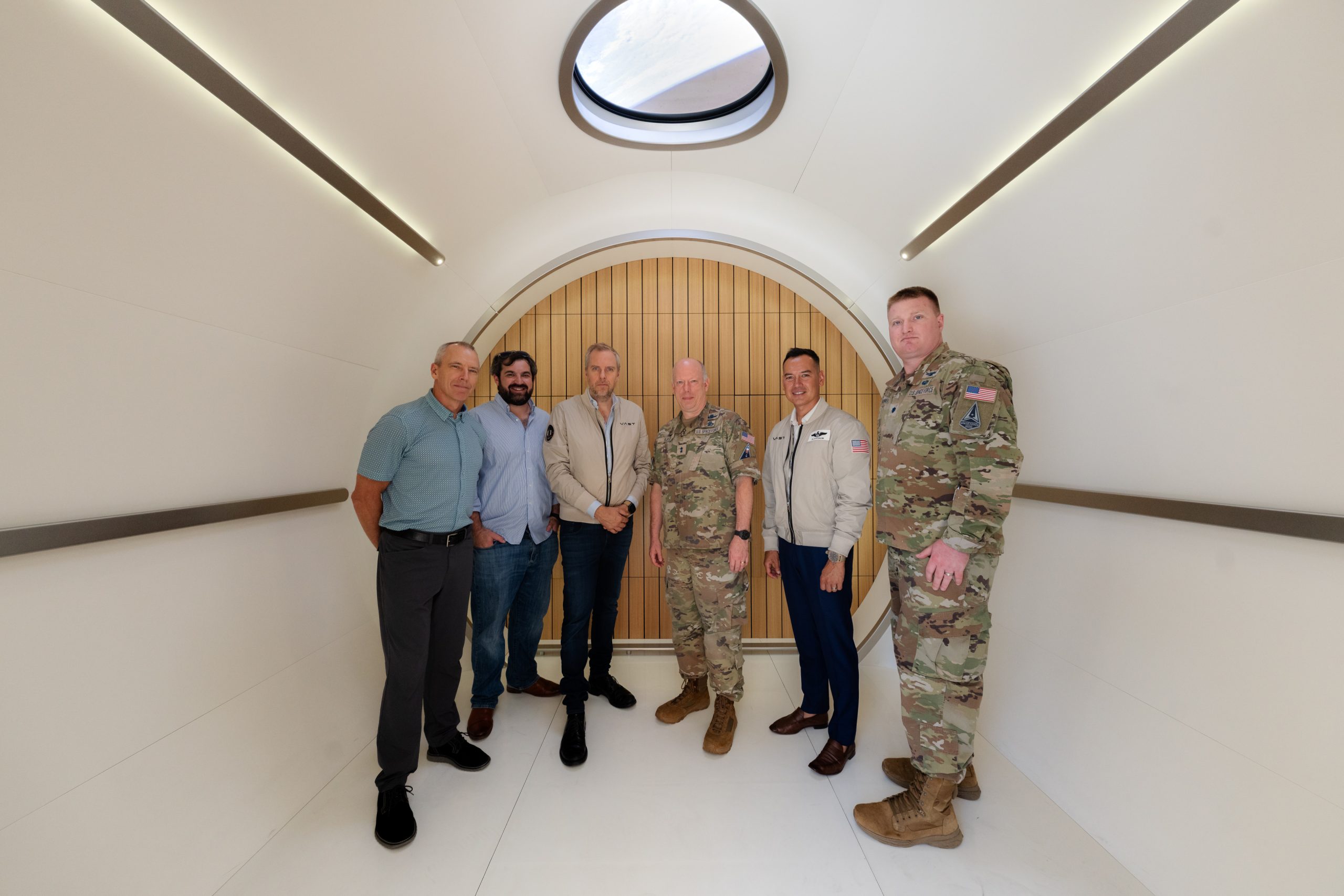

ORLANDO, Fla. — An investment by a venture fund affiliated with the U.S. national security community in commercial space station developer Vast is not necessarily a sign of military interest in human spaceflight.
Vast announced Oct. 30 that IQT, also known as In-Q-Tel, had invested in the company and will serve as an observer on Vast’s board. Vast did not disclose the size of the investment.
“IQT is the not-for-profit strategic investor the U.S. national security community and America’s allies have relied upon [it] for 25 years to anticipate their technology questions and needs and achieve solutions,” the company said in a statement.
Gareth Keane, a partner at IQT, discussed the investment during a Nov. 6 panel at the Economist Space Summit here. “I don’t think humans in space will ever not be a thing,” he said. “Humans in space is an important thing, so we’re pleased and excited to support the Vast team as they go out and start making us truly a multiplanetary species.”
Keane spoke on a panel about dual-use technologies, prompting a question about whether IQT saw national security value in the commercial space stations Vast is developing.
Not necessarily, he said. “A lot of investments that we make are purely for insight, to understand how markets are evolving,” Keane said. “I think the commercial space station sector is no different.”
“There are multiple players there. We’d just like to know if there are ways to build a commercial business that will be effective,” he added, including how much U.S. government support those stations might need.
IQT has invested in dozens of space companies over the years, from launch vehicle developers to in-space services providers. Most offer products or services with clear national security applications.
Vast has suggested it is open to interest from national security space agencies, including the U.S. Space Force, in its facilities. In September, Maj. Gen. Stephen Purdy, head of procurement for the Space Force, visited Vast’s headquarters in Long Beach, California, as part of a tour of commercial space companies.
Max Haot, chief executive of Vast, declined to discuss any specific Space Force interest in Vast’s stations when asked about Purdy’s visit at the Global Aerospace Summit in September, but said there could be opportunities for Space Force personnel to use commercial stations.
“Space Force Guardians have never gone to their domains,” he said, referring to the service’s name for its members. A few Guardians who are also active-duty NASA astronauts have been space since the Space Force was established in 2019, but none have done so in uniform primarily representing the service.
That contrasts with other military branches. “It’s only a matter of time,” Haot said of the Space Force sending its servicemembers to space. “Of course, in 10 years, 50 years, 100 years, they will be in space, so let’s do it quicker.”
He added that having humans in space could serve as a “key deterrence” if warfighting activities occur in orbit in the future. Guardians could also perform military-specific research and training.
Keane offered another reason the Space Force might be interested in having humans in space. “You could use that as sort of a recruiting tool — if you want to be a Guardian, I can send you to space — that appeals, I think, to a lot of people,” he said. “Stuff like that could be a direct applicability to In-Q-Tel’s partner base.”
Stay Informed With the Latest & Most Important News
Previous Post
Next Post
-
 01Two Black Holes Observed Circling Each Other for the First Time
01Two Black Holes Observed Circling Each Other for the First Time -
 02From Polymerization-Enabled Folding and Assembly to Chemical Evolution: Key Processes for Emergence of Functional Polymers in the Origin of Life
02From Polymerization-Enabled Folding and Assembly to Chemical Evolution: Key Processes for Emergence of Functional Polymers in the Origin of Life -
 03Astronomy 101: From the Sun and Moon to Wormholes and Warp Drive, Key Theories, Discoveries, and Facts about the Universe (The Adams 101 Series)
03Astronomy 101: From the Sun and Moon to Wormholes and Warp Drive, Key Theories, Discoveries, and Facts about the Universe (The Adams 101 Series) -
 04True Anomaly hires former York Space executive as chief operating officer
04True Anomaly hires former York Space executive as chief operating officer -
 05Φsat-2 begins science phase for AI Earth images
05Φsat-2 begins science phase for AI Earth images -
 06Hurricane forecasters are losing 3 key satellites ahead of peak storm season − a meteorologist explains why it matters
06Hurricane forecasters are losing 3 key satellites ahead of peak storm season − a meteorologist explains why it matters -
 07Binary star systems are complex astronomical objects − a new AI approach could pin down their properties quickly
07Binary star systems are complex astronomical objects − a new AI approach could pin down their properties quickly












